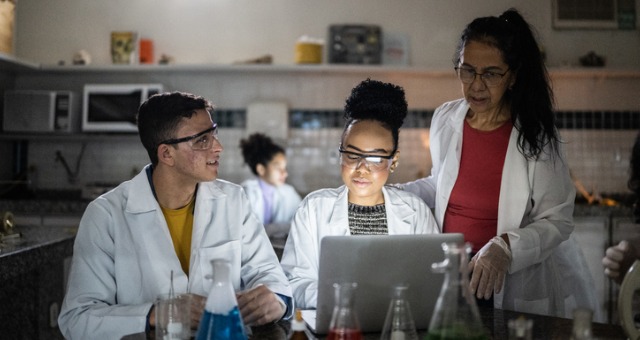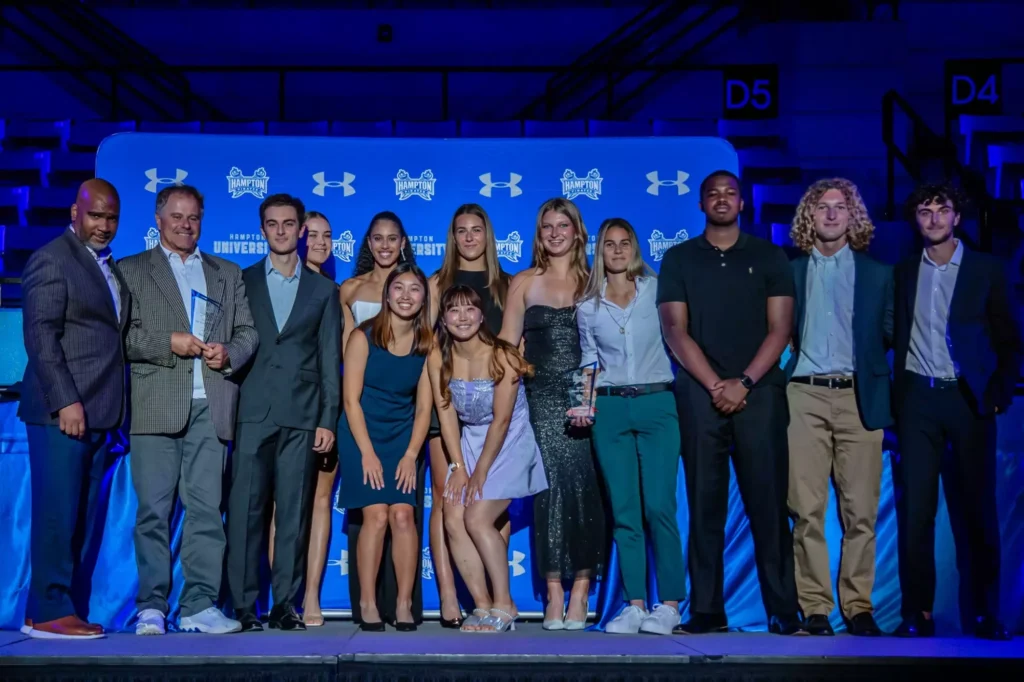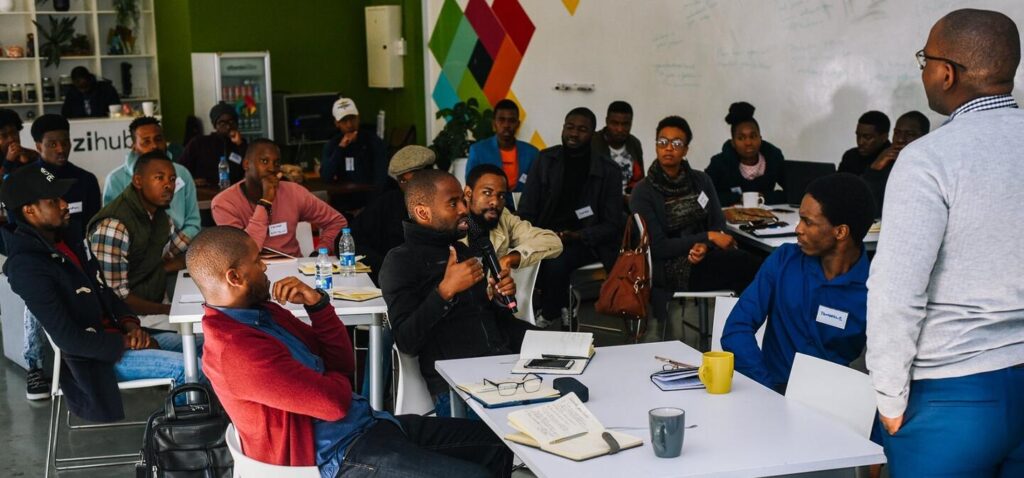What if a university could redefine prestige not just by rankings, but by resilience, purpose, and the change it brings to its students—and its city? Hampton University is doing just that. From earning elite research status to helping families afford college and fueling local economy, this HBCU is showing what “excellence” looks like in motion.

From Freedmen’s School to Research Force Hampton University
Founded in 1868 to educate formerly enslaved people, Hampton University’s journey has been one of steady ascension. Originally known as the Hampton Agricultural & Industrial School, it has blossomed into a research powerhouse. Earlier this year, Hampton earned Carnegie’s R2 designation—meaning high research activity. That puts it in a league with just 13 HBCUs across the country carrying that badge.
It now offers numerous doctoral programs and drives over $5 million annually in research spending. For many, that proves Hampton is no longer just a place of history—it’s a future-looking institution redefining what HBCUs can be.

Affordability, Opportunity, Social Mobility
College costs don’t wait for anyone, and Hampton knows firsthand how steep the climb can be. That’s why nearly half of incoming freshmen for 2025-26 are receiving merit-based scholarships—some full rides covering everything from tuition to textbooks. The price tag? Around $30,800, well below many private peers.
Beyond scholarships, Hampton was recently ranked #7 among HBCUs by U.S. News & World Report, also rising in social mobility struggles. They’re not just educating students—they’re empowering them.

Mind, Body & Legacy: Museum, Athletics, Culture
Academics are core, but so is culture and identity. Hampton’s campus boasts the Hampton University Museum, the oldest African-American museum in the country, showcasing thousands of artifacts that connect students to heritage and history.
Athletes aren’t left behind: Hampton’s scholars maintain high GPAs. Recently, dozens of athletes notched 3.0 and above, some even perfect 4.0s. And this spring, Hampton won its first ever national academic quiz title in the Honda Campus All-Star Challenge—proving brain power shines as brightly as athletics.

Investing in People, Building the Region
Hampton isn’t just lifting its students—it’s lifting its whole community. It contributes an estimated $530 million annually to the Hampton Roads economy. Big schools and big celebrations—like its Jazz Festival and Homecoming—bring crowds, revenue, and vibrancy back into local businesses. It’s more than architecture and lexicons—it’s livelihoods.
Plus, Hampton’s new workforce initiative—rooted in its legacy of skilled training—invests $2 million into apprenticeships, construction, health-tech training, and more. It’s a promise: you don’t just ask graduates to be job-ready—you help build the jobs too.

Hampton’s Tomorrow: A Legacy in Motion
What makes Hampton University’s story remarkable isn’t just its past—it’s the way it balances tradition with innovation. This is a university that still honors the Emancipation Oak, where formerly enslaved people gathered to hear the first Southern reading of the Emancipation Proclamation. Yet just steps away, students are coding AI solutions, running biotech experiments, and training for industries that didn’t exist even a decade ago.
The duality is powerful. Hampton reminds its students where they come from, but it never lets them forget where they can go. That balance—rooted in heritage, driven by ambition—is why so many alumni call Hampton not just a college, but a calling.
And the numbers back it up. Hampton graduates have stepped into leadership roles across government, medicine, engineering, entertainment, and business. From NASA scientists to Grammy winners, the alumni network isn’t just wide—it’s loud, visible, and proud. When Hampton wins, the world feels it.
But there’s a bigger picture here too. As higher education struggles nationwide with falling enrollment and questions about cost, Hampton is carving out a different narrative: that historically Black colleges and universities aren’t relics—they’re laboratories for the future of American education.
The next decade will be telling. Can Hampton sustain its momentum? Can it expand research dollars, keep tuition affordable, and compete with Ivy Leagues for top talent? If recent history is any guide, the answer is yes. Hampton doesn’t just survive—it reinvents.
So the final question is this: when the next generation of students look back, will they see Hampton University as simply their school, or as the heartbeat of a movement that kept legacy alive while pushing boundaries forward?
Thanks For Reading